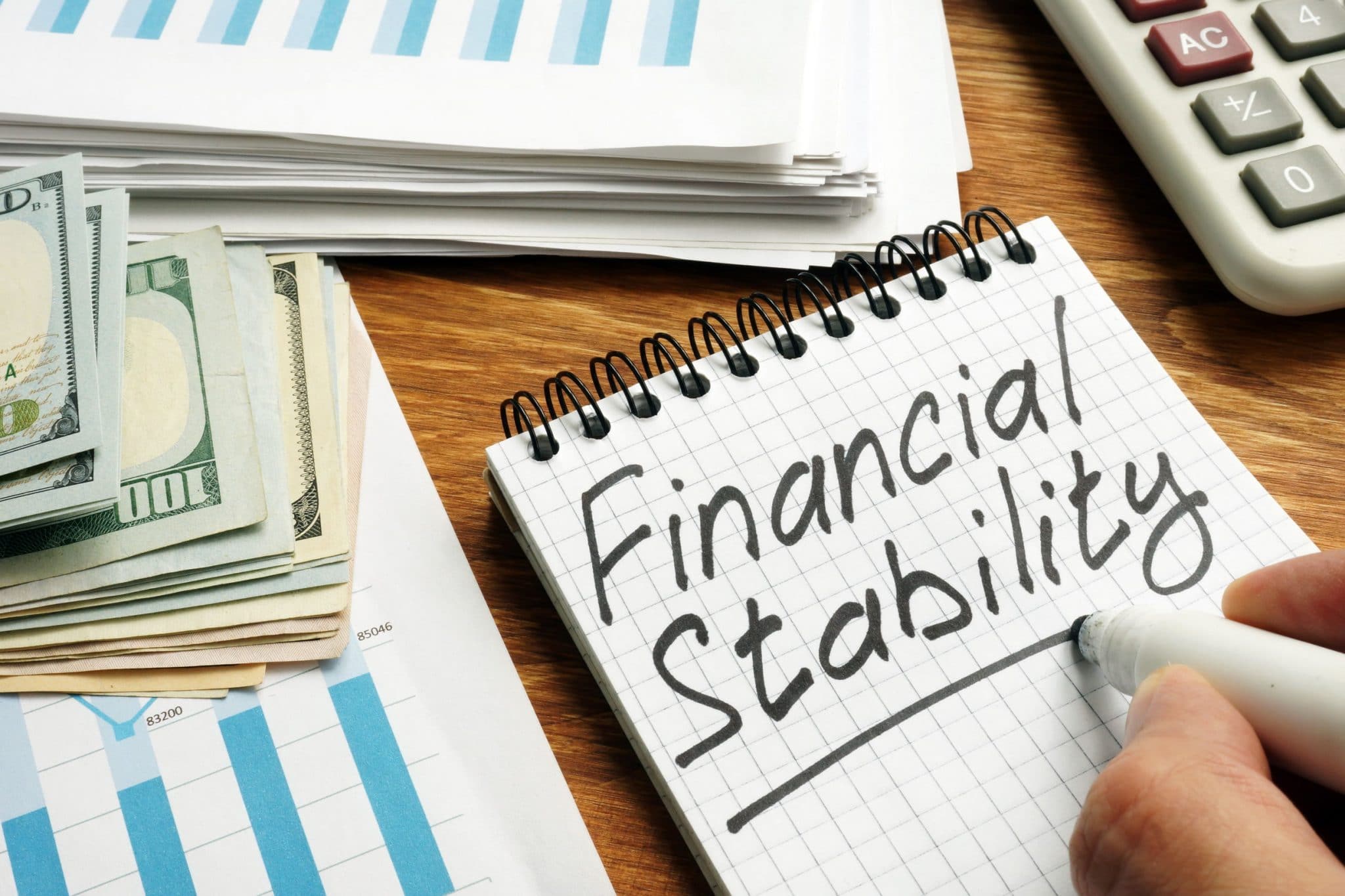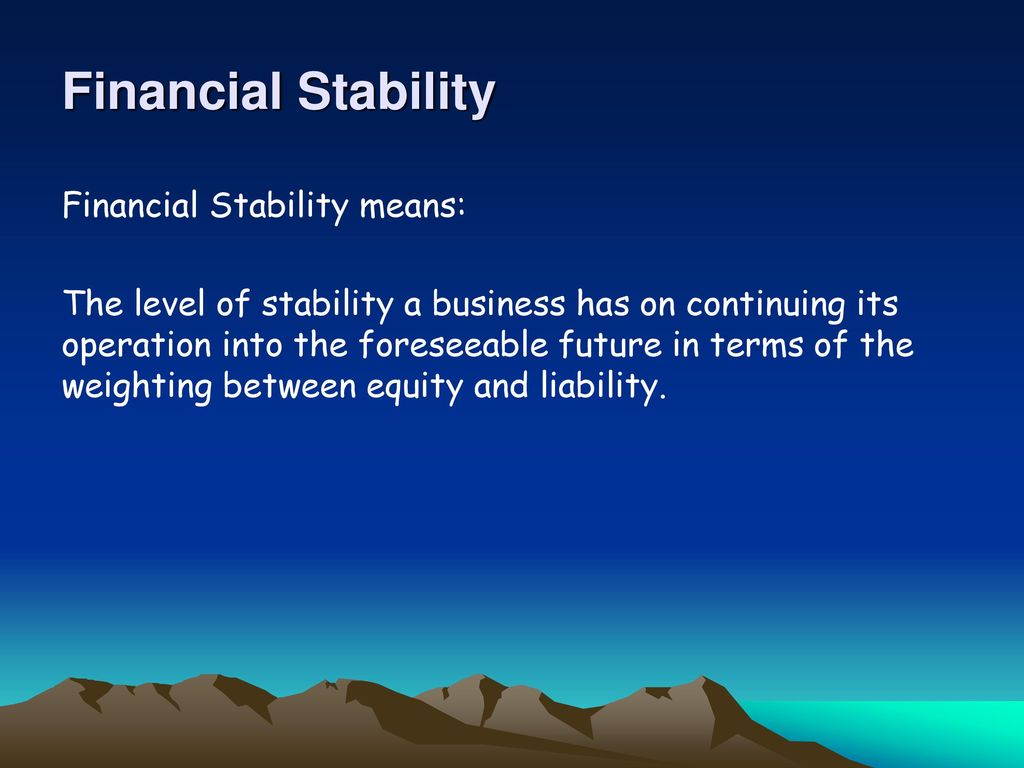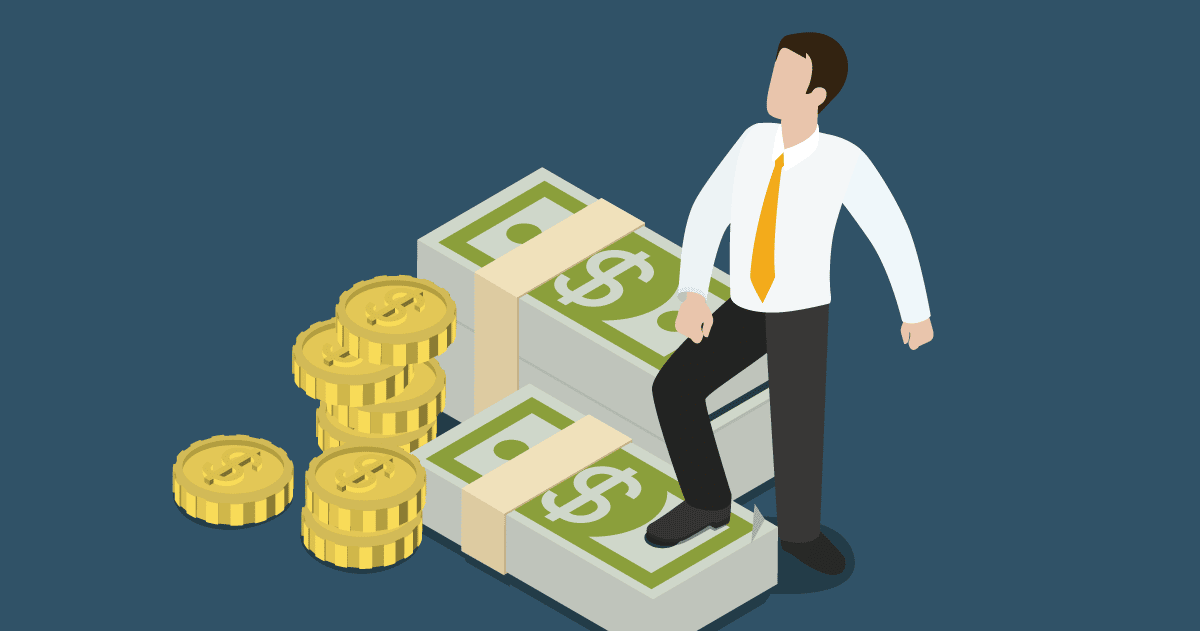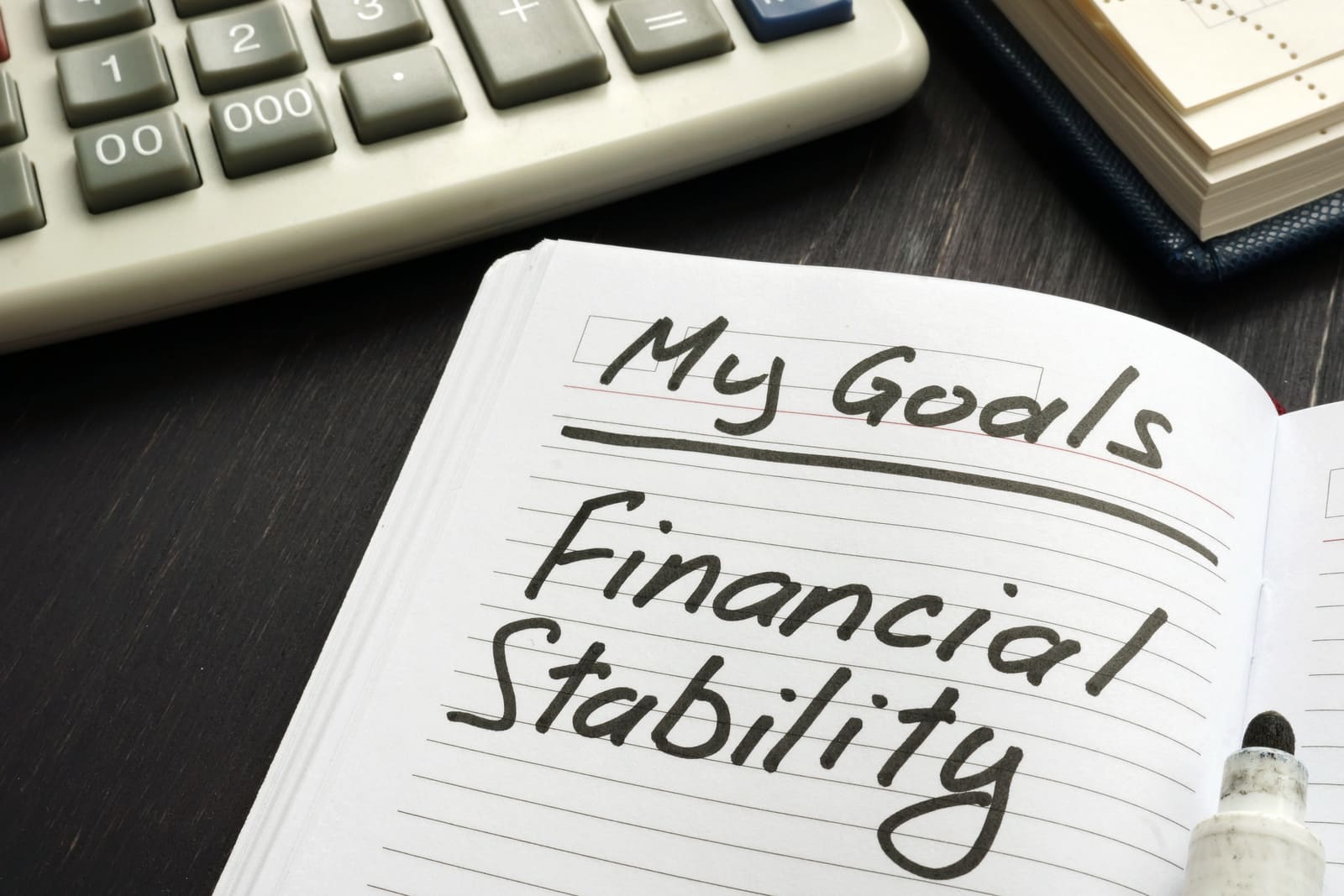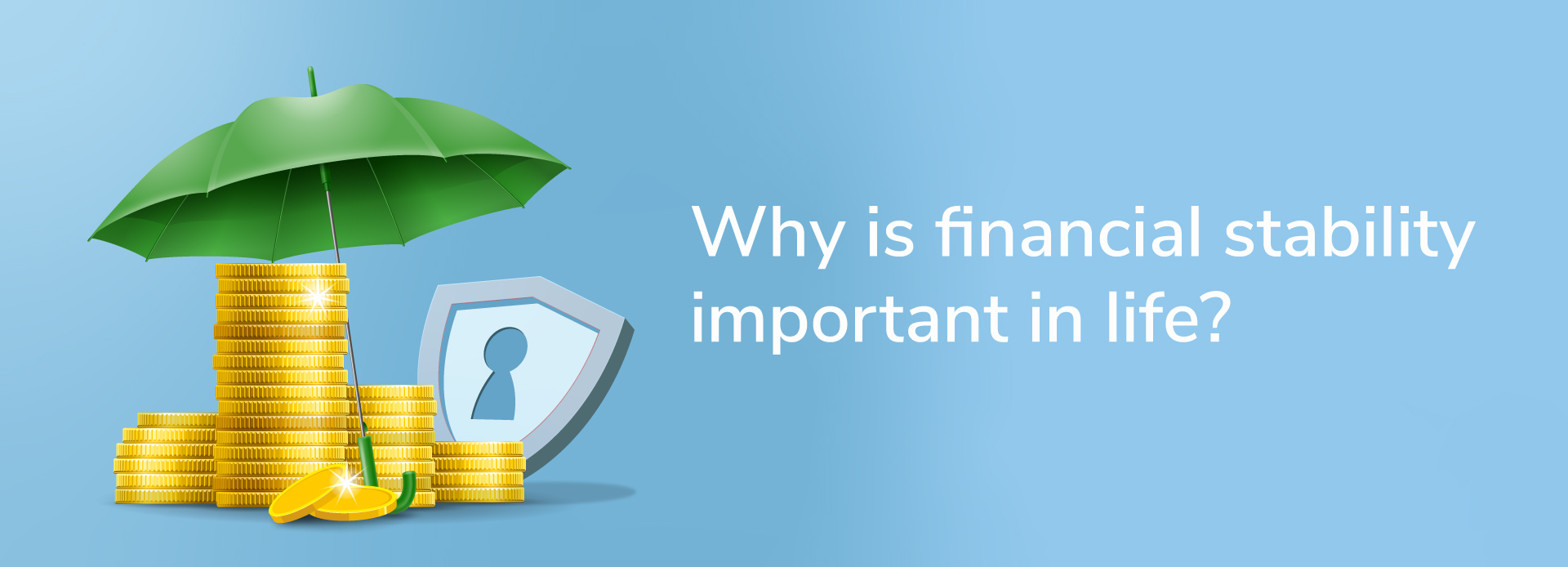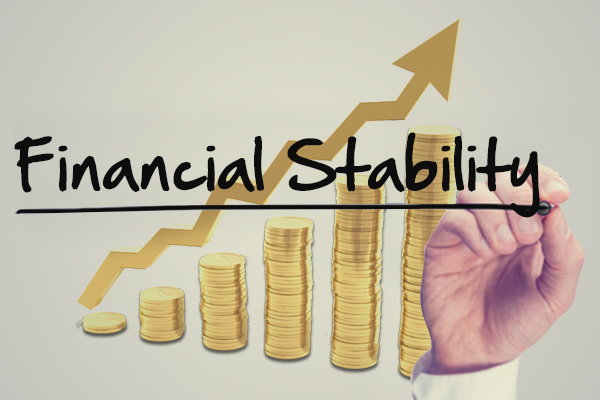What Is A Financially Stable Income

Imagine waking up not with a knot of anxiety in your stomach about bills, but with a sense of calm anticipation for the day ahead. The aroma of freshly brewed coffee fills the air, and the only thing on your agenda is enjoying life's simple pleasures, unburdened by financial stress. This isn't a fairytale; it's a glimpse into the peace of mind that financial stability can offer.
But what exactly does "financially stable income" mean in today's world? It's more than just having a paycheck; it's about having a safety net, the ability to weather unexpected storms, and the freedom to pursue your dreams without constant financial worry.
Defining Financial Stability
Financial stability is a state where your income reliably covers your expenses, allowing you to meet your current needs and save for the future. It is not about being rich, but about having control over your finances and feeling secure in your ability to manage them. The Consumer Financial Protection Bureau (CFPB) defines financial well-being as having control over day-to-day and month-to-month finances.
It encompasses several key components: a consistent income stream, a manageable debt load, emergency savings, and a plan for long-term financial goals. These components work together to create a sense of security and allow you to navigate life's challenges with confidence.
The Importance of a Consistent Income
A consistent income is the foundation of financial stability. Whether it's from a salaried job, freelance work, or investments, a regular income stream provides a predictable source of funds to cover your essential expenses. This predictability is crucial for budgeting and planning your finances effectively.
However, the definition of "consistent" can vary depending on your lifestyle and circumstances. For some, it might mean a stable full-time job with benefits. For others, it might mean a combination of part-time work, freelance gigs, and passive income streams.
Managing Debt Responsibly
Debt is a reality for many people, but unmanageable debt can quickly derail your financial stability. High-interest credit card debt, excessive student loans, or an oversized mortgage can put a significant strain on your budget. Focusing on paying down high-interest debt and avoiding unnecessary borrowing is essential.
According to the Federal Reserve, household debt remains a significant factor affecting Americans' financial well-being. Understanding your debt-to-income ratio and implementing a debt repayment strategy are crucial steps towards financial stability.
Building an Emergency Fund
Life is full of surprises, and not all of them are pleasant. A sudden job loss, unexpected medical expenses, or a major car repair can quickly wipe out your savings and plunge you into debt. An emergency fund acts as a buffer, providing a financial cushion to help you weather these unforeseen events.
Most financial experts recommend having 3-6 months' worth of living expenses saved in an easily accessible account. This may seem like a daunting goal, but even starting small and gradually building up your savings can make a big difference.
Planning for the Future
Financial stability isn't just about meeting your current needs; it's also about planning for the future. This includes saving for retirement, investing in your education or skills, and setting goals for your long-term financial well-being. Having a clear financial plan can help you stay motivated and make informed decisions about your money.
Retirement planning is an integral part of long-term financial stability. Starting early, even with small contributions, can have a significant impact over time due to the power of compounding.
Achieving Financial Stability: A Journey, Not a Destination
Achieving financial stability is a journey, not a destination. It requires ongoing effort, discipline, and a willingness to adapt to changing circumstances. However, the rewards are well worth the effort. With financial stability comes peace of mind, reduced stress, and the freedom to pursue your dreams.
It's about creating a life where money is a tool that empowers you, rather than a source of constant worry. By taking control of your finances and building a solid foundation, you can create a future where you feel secure, confident, and in control of your own destiny.
